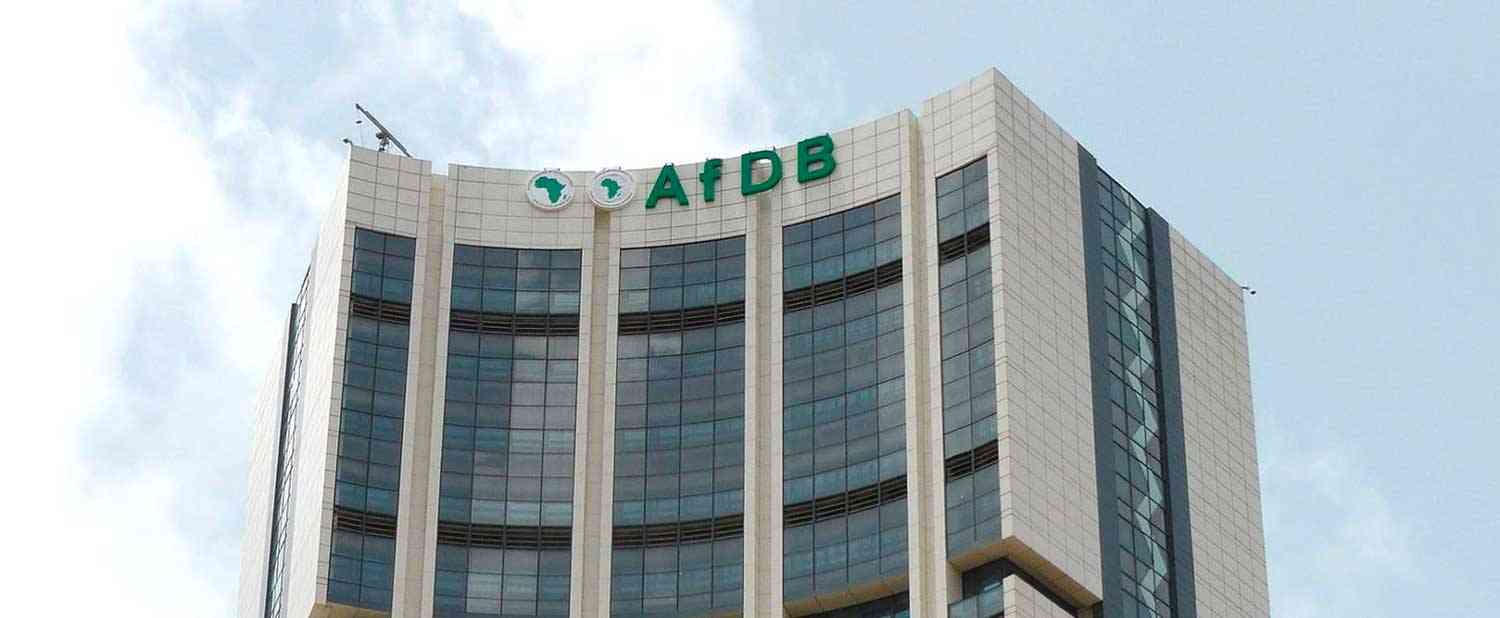
STOCK broking firm Morgan & Co says the country’s tourism sector recovery will falter in the face of the mounting headwinds in 2023 despite the government's efforts to support the sector.
Decisions by government at the height of the Covid-19 scourge to ground airlines and restrict international travel pushed foreign tourist arrivals into Zimbabwe down by 90% in 2020 — the biggest plunge in 40 years — before more write-downs shook the market last year.
The tourism sector suffered a loss of about US$690 million due to the impact of the Covid-19 pandemic, according to the country's first National Tourism Satellite Account (TSA).
In a bid to mitigate the impact, the government has put in place initiatives meant to attract investors and to boost the performance of the sector.
These include the extension of the duty exemption facility on tourism capital goods.
But in its latest analysis report of the industry, Morgan & Co said despite the government's effort to support the sector, a recovery back to pre-Covid levels will continue to elude the sector for at least another two years.
“We believe that the local tourism sector's recovery will falter in the face of the mounting headwinds in 2023. Investors should therefore take a long-term view on hospitality and tourism stocks such as RTG and African Sun.
”The latter's extensive investment in real estate through Dawn Properties also provides a strong hedge against inflation and currency depreciation,” it said.
- Young entrepreneur dreams big
- Chibuku NeShamwari holds onto ethos of culture
- Health talk: Be wary of measles, its a deadly disease
- Macheso, Dhewa inspired me: Chinembiri
Keep Reading
African Sun Limited released interim results that were marked by a 17-percentage point increase in the occupancy rate to 41% compared to the first six months of 2021. Similarly, RTG recorded an increase in occupancies from 24% to 48%.
The uptick, according to the report, gives insight into the recovery of the tourism and hospitality sector of Zimbabwe considering that the sector felt the brunt of the pandemic globally.
“However, whether the recovery will maintain its pace is a question that continues to linger,” the report states.
In the last two decades, tourist arrivals into Zimbabwe have increasingly come from the African continent. In 2001, 73% of tourist arrivals came from different countries within Africa and this has steadily increased to 89% in 2021 in a worrying revelation about the withering allure of Zimbabwe as a leisure destination to overseas tourists, the report notes.
Morgan & Co said the resumption of economic activity in Zimbabwe and abroad also supported the improvement in disposable income and, in turn, leisure spend. In global markets, this has been associated with revenge spending, but no concrete evidence of this phenomenon has been documented in Zimbabwe, it said.
“That said, we opine that the sector's upbeat recovery will contend with the upcoming elections and global recession fears. We reiterate that tourist arrivals into the country slumped during several election years between 2000 and 2020, and 2023 will likely be no exception to the trend,” the report says.
“We are likely to see the US issuing a travel warning for its Zimbabwe-bound citizens at the first whiff of election-related violence and that will drive perceptions and subsequently, traffic into the country even by non-US tourists.”
The local research firm said recession fears continue to grow after the US increased interest rates for the fifth time this year to a 3,0% to 3,25% range in a bid to contain inflation. This has resulted in the US dollar's strong appreciation against many currencies and many of the US trade partners such as China have bemoaned the choking impart bill.
Several economies have also increased interest rates, and this has slowed down the global economy's post-COVID recovery. Major economies such as the US and Eurozone have hinted that more rate hikes would be announced in the future until inflation is tamed, and this has fanned the fears of another global recession in the coming months.
“The subsequent negative impact on global aggregate demand will likely affect tourist arrivals,” the report says.
Experts say tourism in the ASEAN region was found to be very income elastic, such that a US$1 decline in disposable income can result in as much as a US$1,76 decline in tourism and leisure spend.
ASEAN is an intergovernmental organisation of ten Southeast Asian countries that include Brunei, Cambodia, Indonesia, Laos, Malaysia, Myanmar, the Philippines, Singapore, Thailand and Vietnam.
Given Zimbabwe's relatively lower attractiveness to ASEAN, Morgan & Co opined that this income elasticity factor would be much higher for the southern African country.










